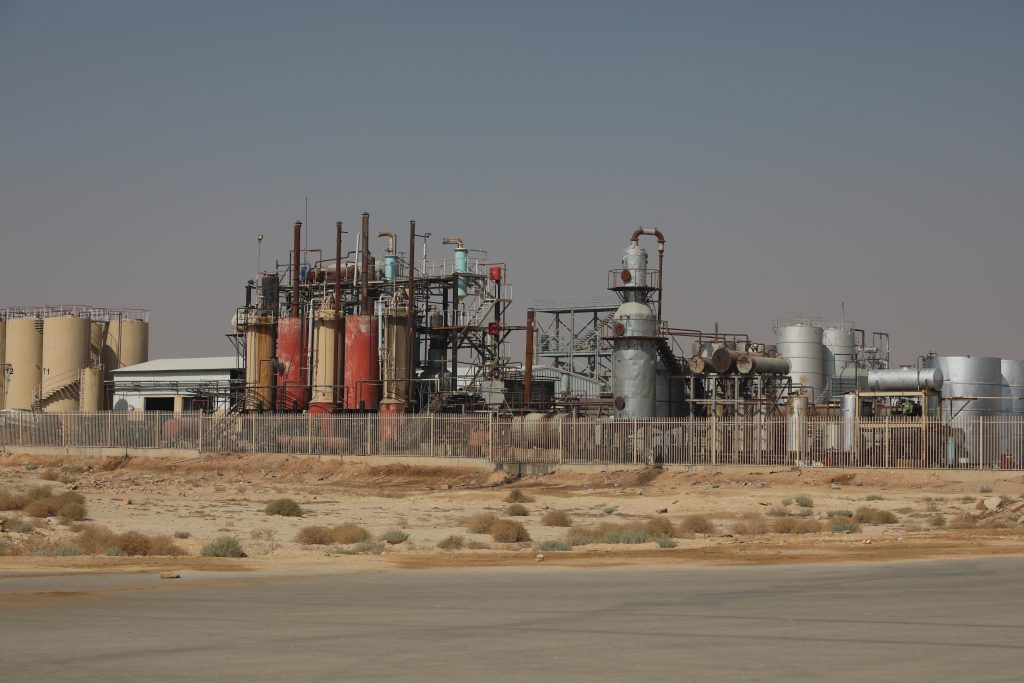Saudi Arabia and Indonesia have deepened their economic partnership with new agreements totaling $27 billion, covering sectors such as clean energy, petrochemicals, mining, logistics, aviation fuel, and digital innovation. This expansion builds on a bilateral trade relationship that reached $6.5 billion in 2024 and supports both Saudi Arabia’s Vision 2030 and Indonesia’s Golden Indonesia 2045 strategies.
Energy remains at the core of their trade, with Saudi Arabia exporting mainly crude and refined petroleum, while Indonesia supplies cars, palm oil, and processed fish. Saudi Aramco is a major supplier to Indonesia, providing up to 30% of its gasoline. Both nations are now pursuing joint ventures in refining, petrochemicals, and green technologies, seeking to stabilize energy supply chains and invest in renewable energy, including green hydrogen.
Recent agreements aim to foster a shared investment environment, improve regulations, and encourage private sector collaboration across financial services, logistics, manufacturing, tourism, agriculture, and technology. Key initiatives include simplifying licensing, offering fiscal support, and enhancing technology transfer, especially in smart grids and AI for energy management.
Mining has emerged as a significant area of cooperation, with Saudi Arabia estimating its untapped mineral wealth at $2.5 trillion and planning major investments. Both countries intend to collaborate on mineral exploration, processing, and sustainable mining practices.
The partnership extends beyond bilateral deals, as both sides are working toward a broader free trade agreement between Indonesia and the Gulf Cooperation Council. Such a deal could accelerate trade and investment, giving Saudi Arabia a stronger presence in Southeast Asia and providing Indonesia with greater access to capital and diversified markets.
Collaboration also includes digital infrastructure, education, tourism, and environmentally sustainable initiatives. Plans are underway to jointly develop carbon capture and storage technologies and foster investments in green sectors.
With Saudi investments in Indonesia already significant, the new agreements signal a shift from a transactional to a more strategic partnership. If fully realized, these initiatives could deliver substantial benefits for both economies and position them as leaders in regional economic integration and innovation.
